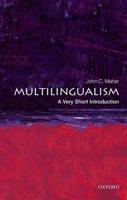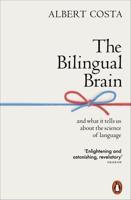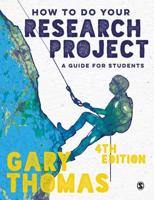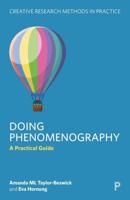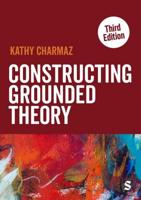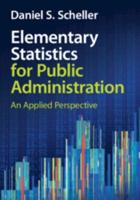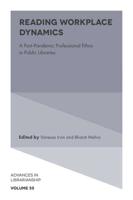Publisher's Synopsis
In a world in which people are increasingly mobile and ethnically self–aware, questions concerning bilingualism/multilingualism take on increasing importance from both scholarly and practical points of view. Over the last ten years in which linguistic/ethnic communities that had previously been politically submerged have asserted themselves. These have provided scholars with new opportunities to study the phenomena of individual and societal bilingualism that had been closed to them. At the same time new practical challenges in such areas as language identity and attitudes, language education, language endangerment and loss, and language rights. This volume offers a refreshingly lucid account of these topics.
The Handbook of Bilingualism provides state–of–the–art treatments of the central issues that arise in consideration of the phenomena of bilingualism ranging from the representation of the two languages in the bilingual individual′s brain to the various forms of bilingual education, including the status of bilingualism in each area of the world.

